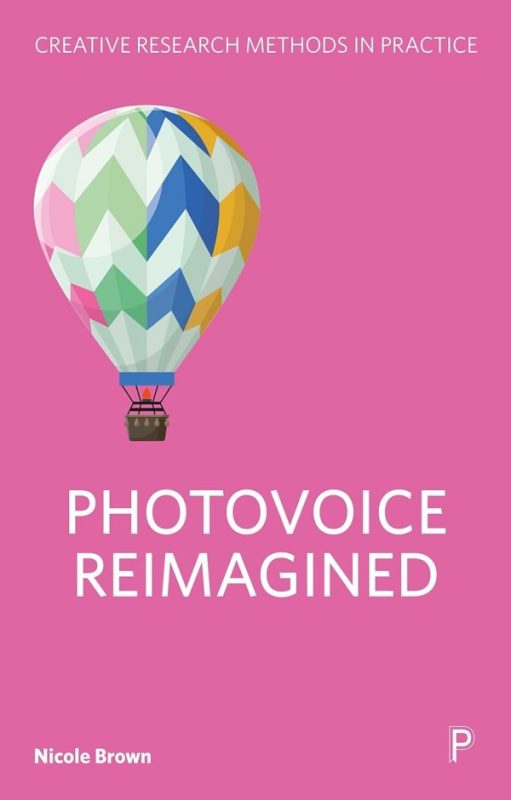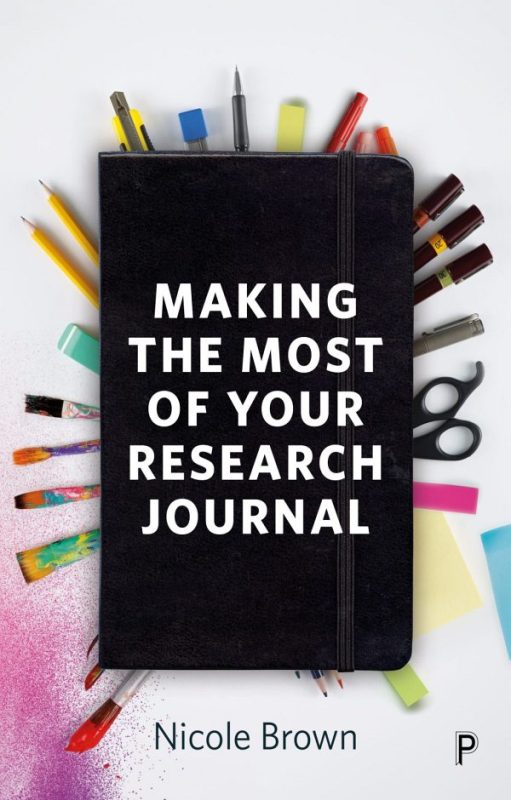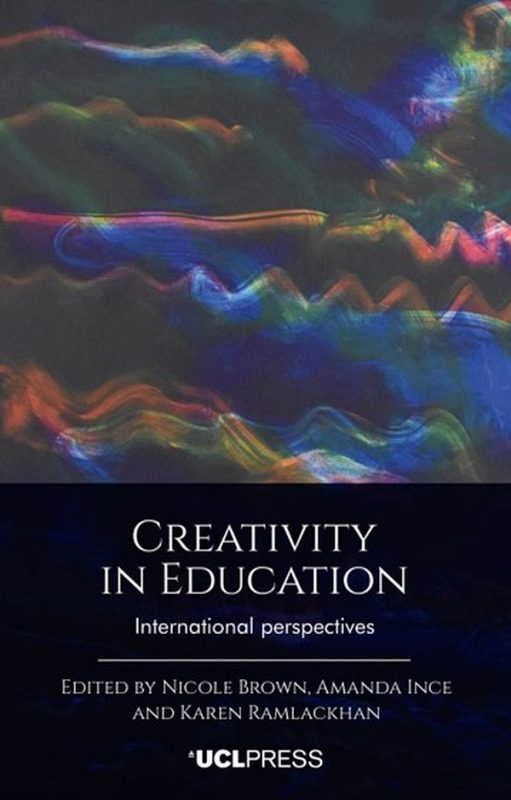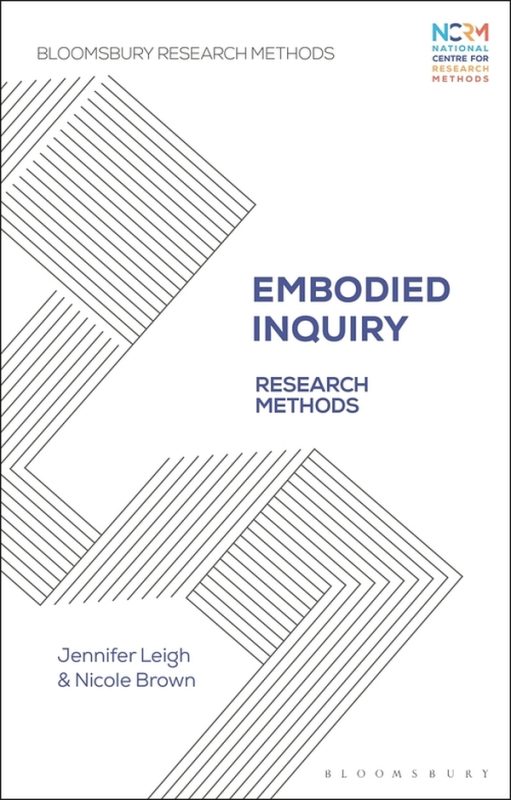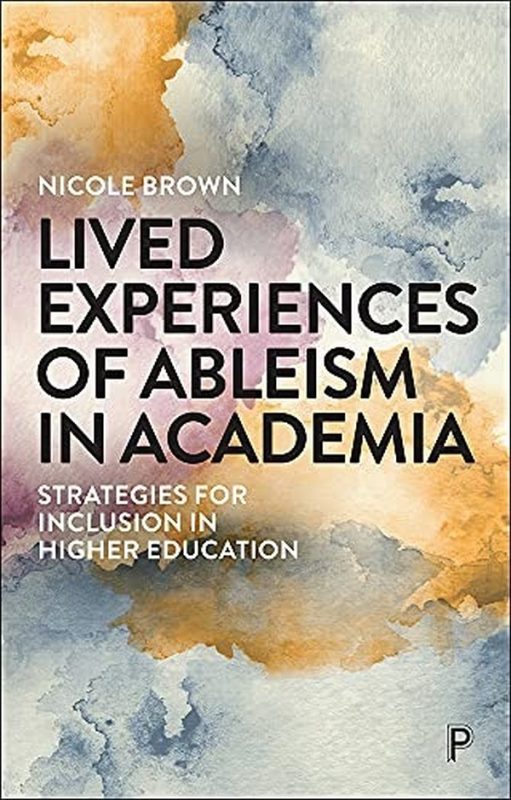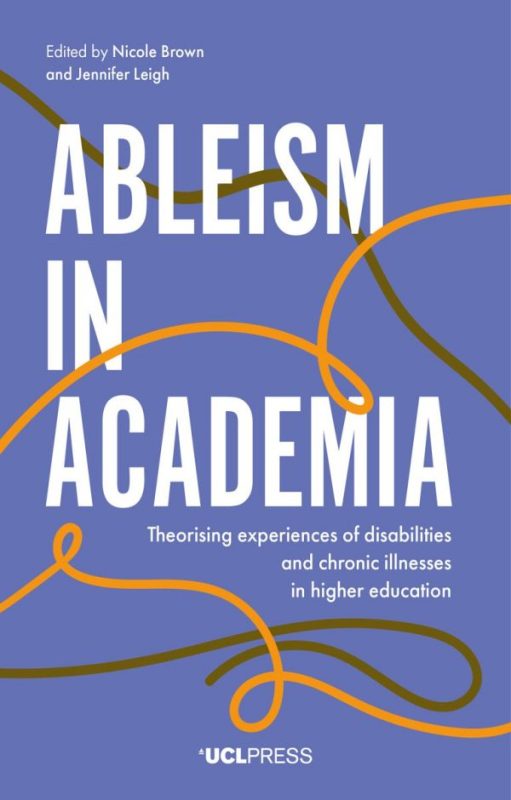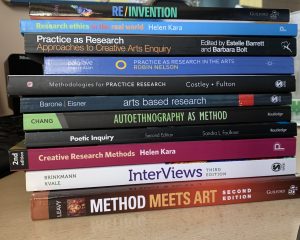
Recommended readings – a reading list for creative methods
In this post I share my reservation about reading lists, and I share the articles, journals and books that I see as my "go-to" publications.
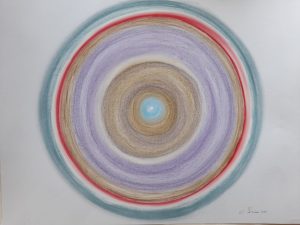
Creative output: Participatory research: Full ethical approval
This poem about full ethical approval is the outcome of poetic inquiry and analysis within Embodied Inquiry from my research with academics.

Article: Making sense of cultural bumps – Supporting GTAs with teaching
This article reports on a study with over 100 Graduate Teaching Assistants exploring experiences of ‘cultural bumps’ at a UK University.
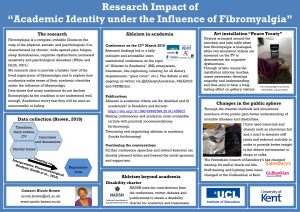
Research impact poster
This is an example of a prize-winning research impact poster.
Conferencing “disabled style”
This is an extract from a guest post on the Conference Inference blog published upon invitation in relation to my ableism in academia work. In this post, I illustrate what it means to do conferencing "disabled style", when your body and/or mind are not typical, and what the realities are of navigating and negotiating conference spaces under the influence of visible and invisible conditions.
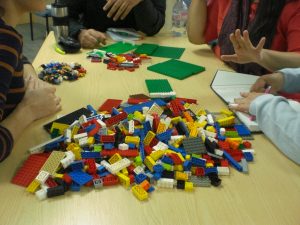
Innovative research methods
This is a call for contributions of max. 8000 words to "Failures and fallacies of innovative research methods . If you are interested in exploring your failures and fallacies regarding innovative research methods submit your abstract here.
Using creative methods to collect data in social research
Workshop to explore creativity within research and to identify opportunities to use creative methods within the research process.
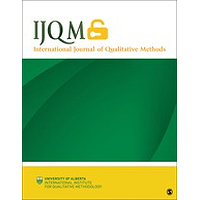
Article: My challenge of developing a creative research methods network
This article is an invited editorial in the Diverse Voice Series of the journal. The editorial outlines the difficulty of building a network of like-minded researchers when engaging in arts-based approaches.
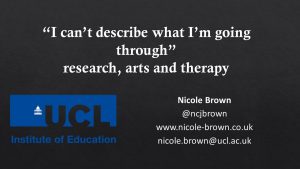
“I can’t describe what I’m going through”
This is my contribution to the RAI2018 conference in London "I can't describe what I'm going through - research, arts and therapy".
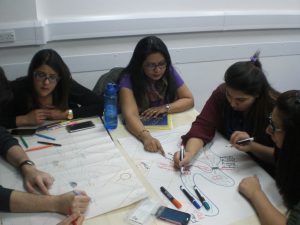
Presentation from UCL Conference
This is my contribution to the international conference "Connecting Higher Education" held at UCL Institute of Education in collaboration with McMaster University, Canada and University of Adelaide, Australia.
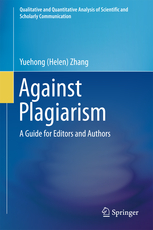
Book Review: Against Plagiarism – A Guide for Editors and Authors
This post links to the review of the book "Against Plagiarism - A Guide for Editors and Authors".
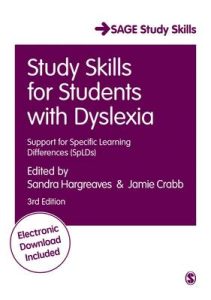
Book review: Study skills for students with dyslexia
This review is about "Study skills for students with dyslexia". This is a good resource for teachers helping prepare students for University.
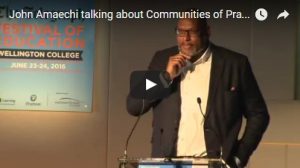
What are “communities of practice”?
Thoughts on what constitutes and characterises communities of practice and what is required to make communities of practice efficient and effective.
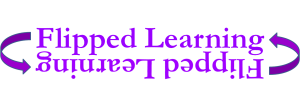
How to flip, so it’s not a flop
This post provides some guidance on how to organise your lesson to flip successfully, as to flip cannot be done thoughtlessly.
Which kind of teacher are you?
The result of a wide-ranging study provides an insight into the kind of teacher you may be. According to the findings there are four major types of teachers: the idealist, the moderate, the practitioner and the rationalist.
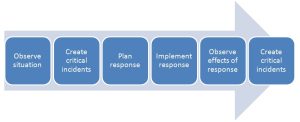
Critical incidents according to Tripp
This is a brief outline of what Tripp considers as critical incidents.
